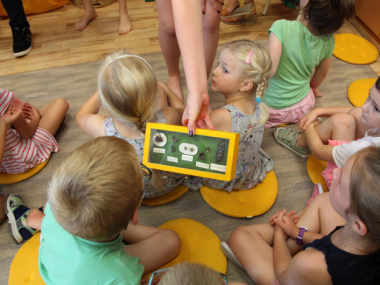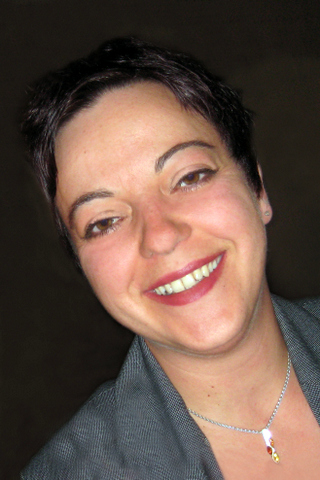The Transfer process behind the BeePathNet
Edited on
09 September 2019We are well into the first third of the project and partners are busy with transferring Ljubljana's good practice in accordance with their plans. On a recent Boot camp meeting in Ljubljana, all partners started to work on their own bee paths which will be developed alongside different local stakeholders. We will hopefully soon see the first urban apiaries in Bydgoszcz and Nea Propontida to accompany the first activities in the bee paths' implementation.
But what is the actual process behind the transfer?

In order to make Ljubljanas’ BEE PATH good practice more structured and easily transferable to transfer cities, it was divided into segments or modules – essentially structural or content parts of the good practice. Due to the character of the good practice, it was decided to introduce 3 types of modules:
Obligatory modules – vital parts obligatory for transferability of the good practice and its vision, which include: Active partnership establishment and management, Higher municipality administration involvement, Awareness raising and promotion for citizens, Development of Bee Path as a tourist and/or bee-product promotional platform
Voluntary modules – content parts of the good practice transferred in line with actual needs/interests which include: Education programmes for kindergartens and primary schools, building companies and institutions »green« image, Involving higher education institutions and expert organizations, Biodiversity maintenance, Support mechanisms for new bee-products
Upgrade modules - future contents of the good practice to be developed through BeePathNet project which include: Bio-monitoring, International networking and promotion of Bee Path, Conceptual design of a local product promotion and selling point, Awareness increase monitoring system.
Each city determent the methods of Transnational exchange and learning activities based on these modules in their Transfer plans. Local implementation in transfer cities will be based on the work of the URBACT Local Group (ULG) coordinator and ULG members. The responsibility of the ULG coordinator will be to ensure regular and uninterrupted knowledge transfer flow from the City of Ljubljana to ULG members. Moreover, the transfer process will also be conducted between partners, as each transfer city is an expert in one field of voluntary modules:
Biodiversity - Hegyvídek, Budapest
Education – Bydgoszcz
Awareness raising – Cesena
Tourism - Nea Propontida
New products – Amarante
Towards the end of the project, all project partners will develop a clear City level mid-term or long-term development action plan for urban beekeeping which will ensure the long term sustainability of urban beekeeping in transfer cities. The key aim of this document will be to guide the development of urban beekeeping in transfer cities after the end of the project.
You can find out more about the work of all the URBACT Local Groups on the BeePathNet Facebook.
 Submitted by v.erhart on
Submitted by v.erhart on
